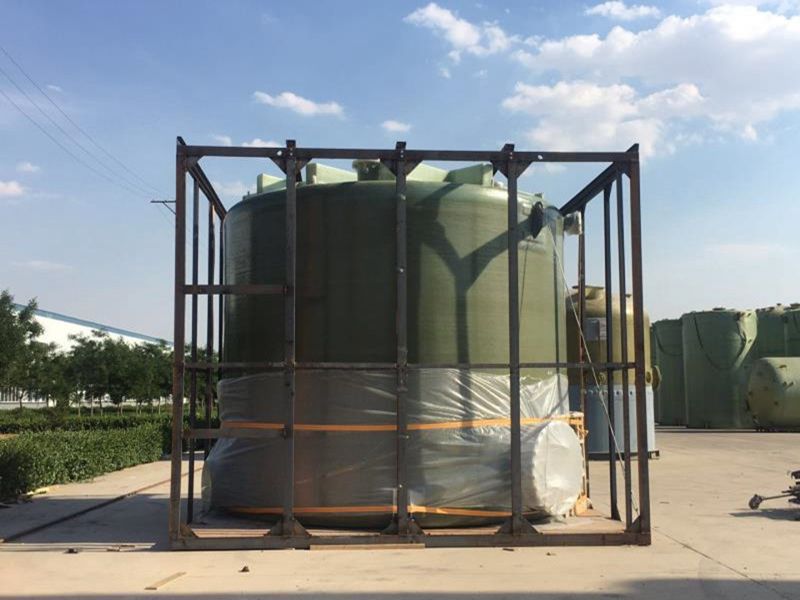
-
 Afrikaans
Afrikaans -
 Albanian
Albanian -
 Amharic
Amharic -
 Arabic
Arabic -
 Armenian
Armenian -
 Azerbaijani
Azerbaijani -
 Basque
Basque -
 Belarusian
Belarusian -
 Bengali
Bengali -
 Bosnian
Bosnian -
 Bulgarian
Bulgarian -
 Catalan
Catalan -
 Cebuano
Cebuano -
 China
China -
 China (Taiwan)
China (Taiwan) -
 Corsican
Corsican -
 Croatian
Croatian -
 Czech
Czech -
 Danish
Danish -
 Dutch
Dutch -
 English
English -
 Esperanto
Esperanto -
 Estonian
Estonian -
 Finnish
Finnish -
 French
French -
 Frisian
Frisian -
 Galician
Galician -
 Georgian
Georgian -
 German
German -
 Greek
Greek -
 Gujarati
Gujarati -
 Haitian Creole
Haitian Creole -
 hausa
hausa -
 hawaiian
hawaiian -
 Hebrew
Hebrew -
 Hindi
Hindi -
 Miao
Miao -
 Hungarian
Hungarian -
 Icelandic
Icelandic -
 igbo
igbo -
 Indonesian
Indonesian -
 irish
irish -
 Italian
Italian -
 Japanese
Japanese -
 Javanese
Javanese -
 Kannada
Kannada -
 kazakh
kazakh -
 Khmer
Khmer -
 Rwandese
Rwandese -
 Korean
Korean -
 Kurdish
Kurdish -
 Kyrgyz
Kyrgyz -
 Lao
Lao -
 Latin
Latin -
 Latvian
Latvian -
 Lithuanian
Lithuanian -
 Luxembourgish
Luxembourgish -
 Macedonian
Macedonian -
 Malgashi
Malgashi -
 Malay
Malay -
 Malayalam
Malayalam -
 Maltese
Maltese -
 Maori
Maori -
 Marathi
Marathi -
 Mongolian
Mongolian -
 Myanmar
Myanmar -
 Nepali
Nepali -
 Norwegian
Norwegian -
 Norwegian
Norwegian -
 Occitan
Occitan -
 Pashto
Pashto -
 Persian
Persian -
 Polish
Polish -
 Portuguese
Portuguese -
 Punjabi
Punjabi -
 Romanian
Romanian -
 Russian
Russian -
 Samoan
Samoan -
 Scottish Gaelic
Scottish Gaelic -
 Serbian
Serbian -
 Sesotho
Sesotho -
 Shona
Shona -
 Sindhi
Sindhi -
 Sinhala
Sinhala -
 Slovak
Slovak -
 Slovenian
Slovenian -
 Somali
Somali -
 Spanish
Spanish -
 Sundanese
Sundanese -
 Swahili
Swahili -
 Swedish
Swedish -
 Tagalog
Tagalog -
 Tajik
Tajik -
 Tamil
Tamil -
 Tatar
Tatar -
 Telugu
Telugu -
 Thai
Thai -
 Turkish
Turkish -
 Turkmen
Turkmen -
 Ukrainian
Ukrainian -
 Urdu
Urdu -
 Uighur
Uighur -
 Uzbek
Uzbek -
 Vietnamese
Vietnamese -
 Welsh
Welsh -
 Bantu
Bantu -
 Yiddish
Yiddish -
 Yoruba
Yoruba -
 Zulu
Zulu
Advanced FRP Solutions for Desalination Piping and Fittings Innovations
FRP Desalination Piping and Fitting Revolutionizing Water Treatment
In the face of increasing water scarcity due to climate change, pollution, and rapid population growth, the desalination industry has emerged as a promising solution for providing fresh water. A critical component of desalination plants is the piping and fittings that transport seawater and fresh water throughout the facility. With advancements in materials science, Fiber Reinforced Polymer (FRP) has gained prominence as a superior choice for piping and fittings in desalination applications.
What is FRP?
Fiber Reinforced Polymer (FRP) is a composite material made by combining a polymer matrix with reinforcing fibers, such as glass or carbon. This unique combination gives FRP exceptional mechanical strength, low weight, and resistance to corrosion, making it highly suitable for harsh environments like those found in desalination processes.
Advantages of FRP in Desalination
1. Corrosion Resistance One of the most significant advantages of FRP is its excellent resistance to corrosion, especially when exposed to saltwater. Traditional materials like steel and even some plastics may deteriorate over time due to the saline environment, leading to leaks, maintenance issues, and increased operational costs. FRP, on the other hand, can withstand the harsh chemical conditions of desalination processes without losing structural integrity.
2. Lightweight FRP pipes and fittings are significantly lighter than conventional materials like metal. This attribute not only simplifies transportation and installation but also reduces the need for heavy support structures. Consequently, FRP piping systems can result in lower overall project costs, making them an attractive option for desalination plants.
3. High Strength-to-Weight Ratio The combination of strength and lightweight properties means that FRP can handle high pressure and stress levels without the bulk associated with traditional materials. This makes FRP piping suitable for high-capacity desalination plants, where pressure differentials can be significant.
frp desalination piping and fitting

4. Thermal Insulation FRP offers excellent thermal insulation properties, which can be advantageous in reducing energy consumption during water treatment processes. By minimizing heat transfer, FRP can help maintain optimal operating conditions and enhance the efficiency of desalination systems.
5. Longevity and Reduced Maintenance The durability of FRP materials translates to longer service life and lower maintenance requirements. This aspect is particularly important in desalination plants, where downtime for repairs can lead to significant economic losses. FRP piping can operate effectively for decades, making it a sound long-term investment.
Applications in Desalination
FRP piping and fittings are utilized in various stages of the desalination process, including
- Intake Systems FRP is ideal for seawater intake systems, which are exposed to corrosive seawater conditions. The lightweight characteristics facilitate ease of installation underwater, where durability is paramount. - Reverse Osmosis (RO) Systems In RO processes, high pressures are required to push seawater through membranes. FRP pipes are capable of sustaining these high-pressure environments while providing resistance to fouling and scaling.
- Brine Discharge After desalination, the concentrated saltwater (brine) must be discharged back into the ocean. FRP systems ensure that this process excels, maintaining structural integrity under adverse conditions.
Conclusion
The emergence of FRP as the material of choice for desalination piping and fittings marks a significant advancement in water treatment technologies. Its unparalleled advantages—corrosion resistance, lightweight nature, high strength, thermal insulation, and longevity—make it an ideal solution in this essential industry. As the demand for fresh water grows, leveraging innovative materials like FRP will be crucial in ensuring the efficiency, reliability, and sustainability of desalination plants worldwide. As research and development in this field continue, we can expect even more improvements and applications for FRP, further enhancing its role in addressing the global water crisis.









